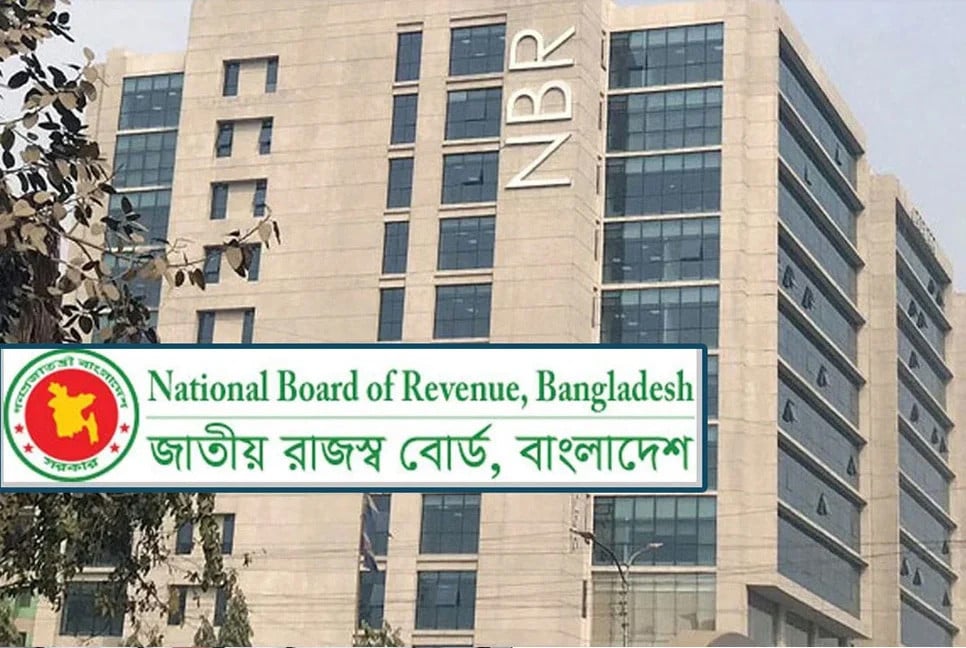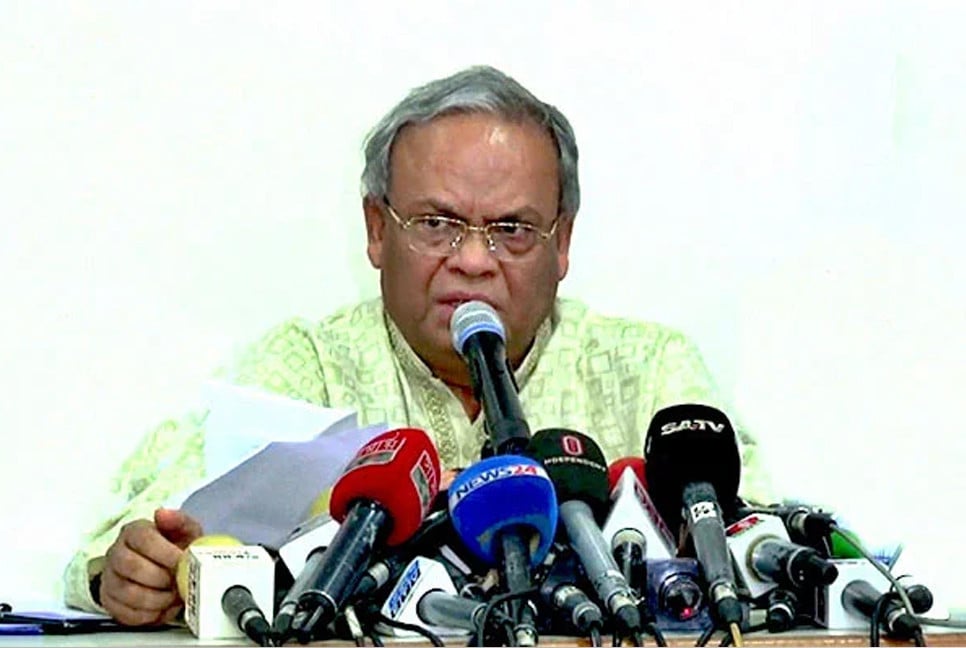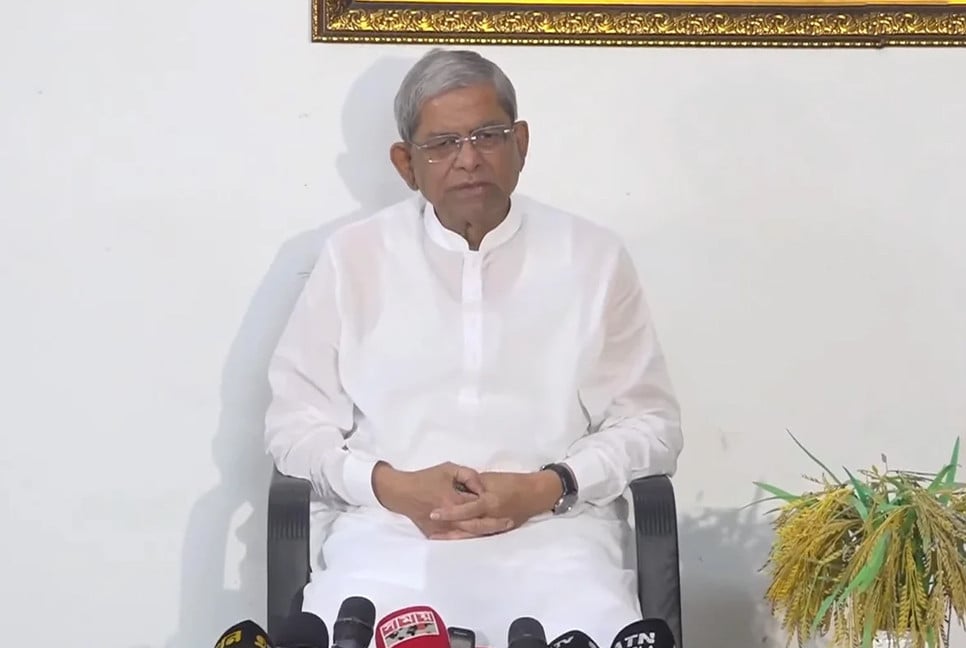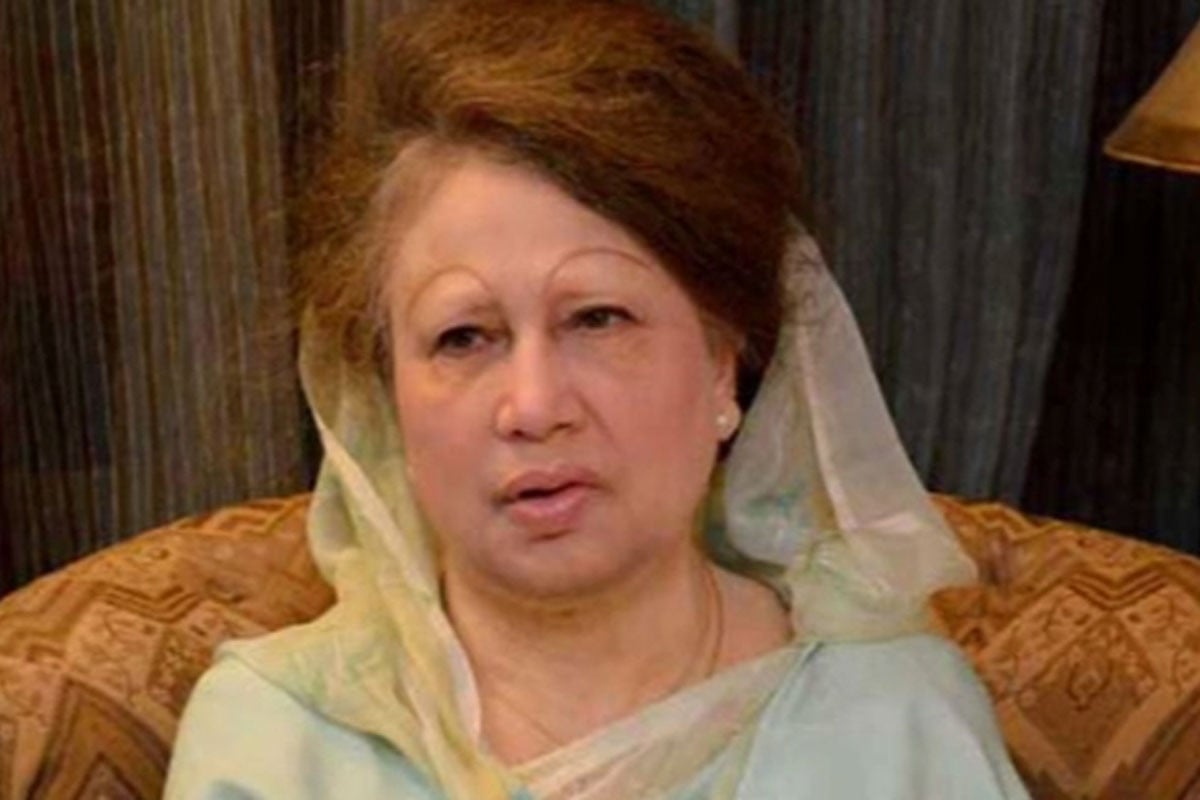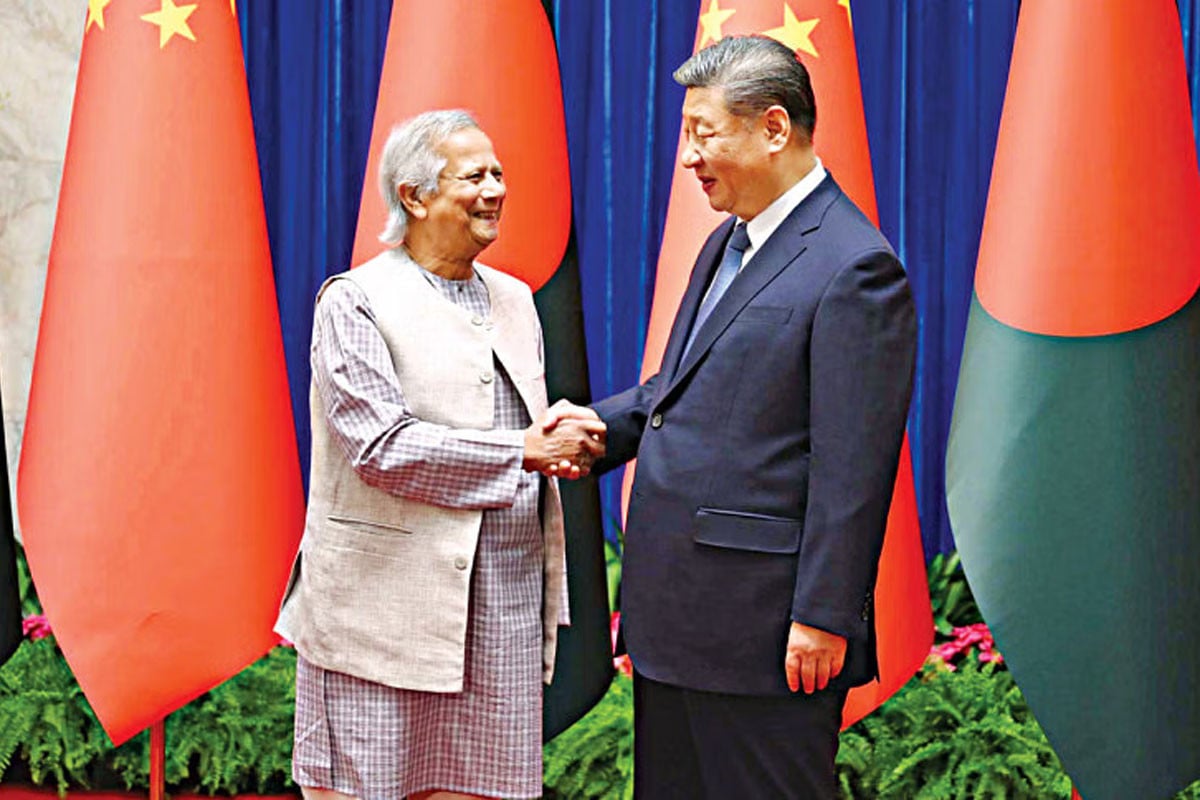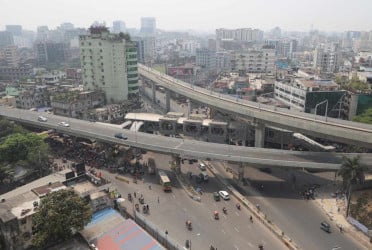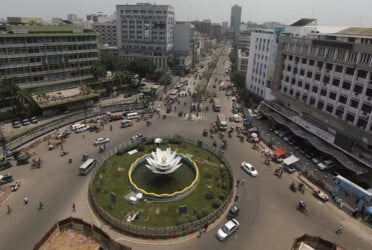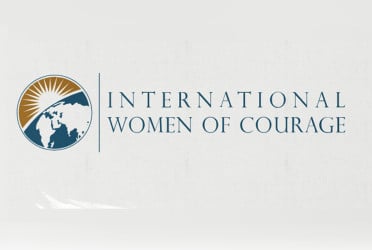The National Board of Revenue (NBR) has taken a move to expand the tax net, aiming to boost tax collection for increasing the tax-to-GDP ratio, reports UNB.
As part of this initiative, the government has introduced new measures to bring more individuals and businesses under the tax umbrella, aiming to reduce dependency on indirect taxes and create a more equitable taxation system.
The NBR has been working to increase the number of registered taxpayers by simplifying the tax filing process, enhancing digital infrastructure, and strengthening enforcement mechanisms.
Currently, Bangladesh has around 9 million Taxpayer Identification Number (TIN) holders, but only about 3.5 million submit tax returns annually.
The government aims to increase the number of active taxpayers to at least 5 million by the end of this fiscal year.
To achieve this, NBR has made it mandatory for professionals such as doctors, engineers, lawyers, and other high-income groups to obtain TINs and file annual tax returns.
Additionally, individuals owning cars, properties in upscale areas, or possessing investment portfolios beyond a certain threshold must now submit tax returns, even if they do not meet the taxable income limit.
One of the key strategies for tax net expansion has been the adoption of digital solutions. The NBR has launched an online tax return filing system to simplify the process for taxpayers, eliminating the need for physical visits to tax offices. This system allows individuals and businesses to calculate, file, and pay their taxes online.
The tax authorities have also been integrating their databases with other government agencies, such as the Bangladesh Road Transport Authority (BRTA), the Land Registry Office, and commercial banks, to identify potential taxpayers who have yet to register or file returns. This data-sharing initiative is expected to reduce tax evasion and ensure better compliance.
Moreover, the introduction of the e-TDS (Electronic Tax Deduction at Source) system has improved tax collection from businesses by ensuring that tax deductions are reported in real-time. This system has already been implemented in major government and corporate entities, and it will soon be expanded to include smaller businesses and professional service providers.
To widen the tax net, the NBR is also focusing on specific sectors that have traditionally been under-taxed.
The real estate sector, for instance, is under increased scrutiny, with property transactions being closely monitored to assess whether buyers and sellers are properly reporting their incomes.
Similarly, e-commerce and digital service providers, including content creators on platforms such as YouTube and Facebook, are now required to register for taxes.
The government has introduced guidelines to ensure that income earned through digital platforms is taxed appropriately.
The informal sector, which accounts for a significant portion of Bangladesh’s economy, is another area of focus.
The NBR is working to bring small businesses, freelancers, and self-employed individuals into the formal tax system by offering tax incentives and awareness programs.
A senior official of the NBR said that to encourage compliance, the NBR has strengthened its enforcement measures by increasing tax audits and penalties for non-compliance.
“The use of artificial intelligence (AI) and big data analytics is also being explored to detect discrepancies in tax filings,” he said.
At the same time, the NBR has launched nationwide tax awareness campaigns to educate citizens on the importance of paying taxes.
“Tax fairs, workshops, and media campaigns are being conducted to inform people about tax benefits, filing procedures, and the role of taxation in national development,” the NBR official added.
Despite these efforts, the expansion of the tax net faces several challenges.
A significant portion of Bangladesh’s economy operates in the informal sector, where record-keeping is minimal, making it difficult to assess taxable income.
Additionally, tax evasion remains a concern, with many high-net worth individuals and businesses finding loopholes to avoid paying their fair share.
To address these issues, the NBR official said, the government is considering further policy reforms, including lowering the tax burden on middle-income earners to encourage voluntary compliance.
Additionally, the NBR plans to introduce a universal taxpayer database that will use AI-driven risk assessment tools to identify potential taxpayers more accurately.
The expansion of the tax net is crucial for Bangladesh’s economic growth and development. By increasing the number of taxpayers, the government can generate higher revenues to fund infrastructure projects, social services, and public welfare programs.
Meanwhile, the government has given approval to set up nine new tax zones in different parts of the country, aiming to improve revenue collection.
These offices are: Tax Zone-5 Chittagong; Tax Zone-6 Chittagong; Tax Zone-Cox's Bazar; Tax Zone-Jashore; Tax Zone-Kushtia; Tax Zone-Noakhali; Tax Zone-Dinajpur; Tax Zone-Faridpur; and Tax Zone-Narsingdi.
The order issued in the public interest will come into effect immediately, according to a gazette notification.
The Internal Revenue Department had given approval for the creation of a total of 28 new offices including 20 tax zones, 4 tax appeal zones, and 4 specialized offices in addition to the existing offices through administrative reform, reorganization and expansion of the Income Tax Division of the National Board of Revenue (NBR).
It also gave approval for the creation of 657 cadre posts permanently and a total of 3,943 non-cadre posts of various grades by adding/removing the manpower of 11 offices from the existing offices. Out of the newly created 28 offices, nine offices will be implemented in the second phase.
Bd-Pratidin English/ AM

